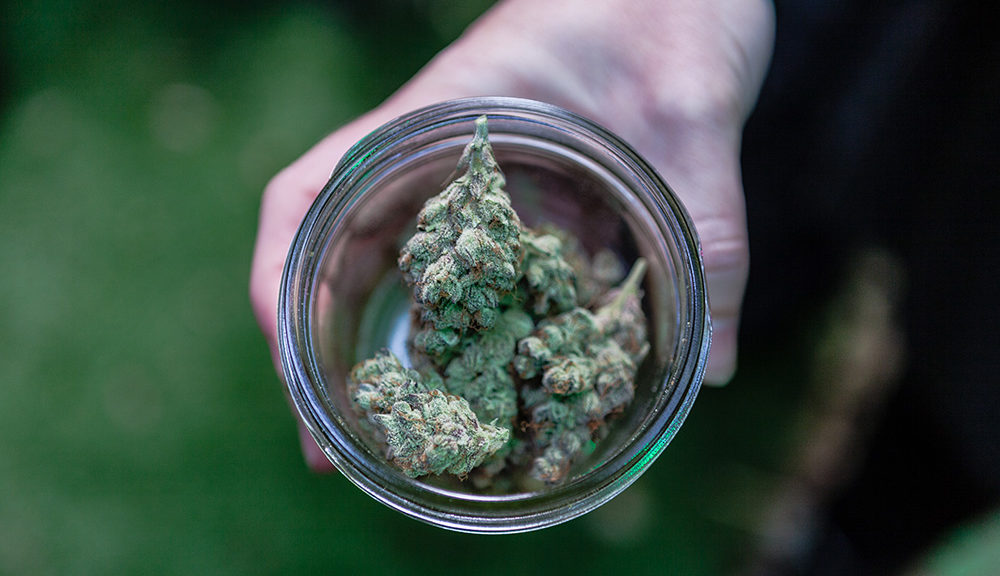The emergency measure, which extends the expiration date for medical marijuana patient identification cards, was approved without language that had appeared in earlier versions of the legislation which would have cracked down on so called marijuana gifting businesses and delivery services.
The measure also replaces the current one-year identification card with one that expires two years after being issued and increases the amount of medical cannabis a patient can buy at one time from four ounces to eight ounces.
Since that time, more than 6,000 of the 12,000 registered patients in the city have lost access regulated medical marijuana, according to information from the chairman’s staff.
“We had a wonderful increase during the COVID period where cannabis went from illegal to essential and patients were able to use their cannabis cards with expired date.
The emergency measure passed by the district council did not include language to crack down on the cannabis delivery services and marijuana gifting businesses, which include cannabis as a “free gift” with purchases of a separate item.
The provision was designed to help regulated medical marijuana dispensaries, which have faced competition from marijuana gifting schemes and delivery services since the passage of Initiative 71, the 2014 ballot measure that legalized possession, use, and home cultivation of small amounts of cannabis.
Although the federal government has allowed Washington, D.C.’s medical marijuana dispensaries to operate, Congress has used budget legislation to block the city government from regulating recreational cannabis sales ever since the passage of Initiative 71 by voters in 2014.
The House of Representatives also approved appropriations legislation without the Harris Rider this summer, although President Biden’s budget proposal released in May retained the restriction on legal recreational pot in D.C.
If Democratic leaders successfully prevent Republicans from reinserting the Harris Rider in future budget negotiations, Washington D.C.’s city leaders are prepared to move ahead with adult-use cannabis regulation.
Another plan advanced by Mendelson earlier this year would prioritize local business owners over large corporations from outside the nation’s capital, with taxes raised by cannabis businesses allocated to areas of Washington disproportionately impacted by poverty and the War on Drugs.
